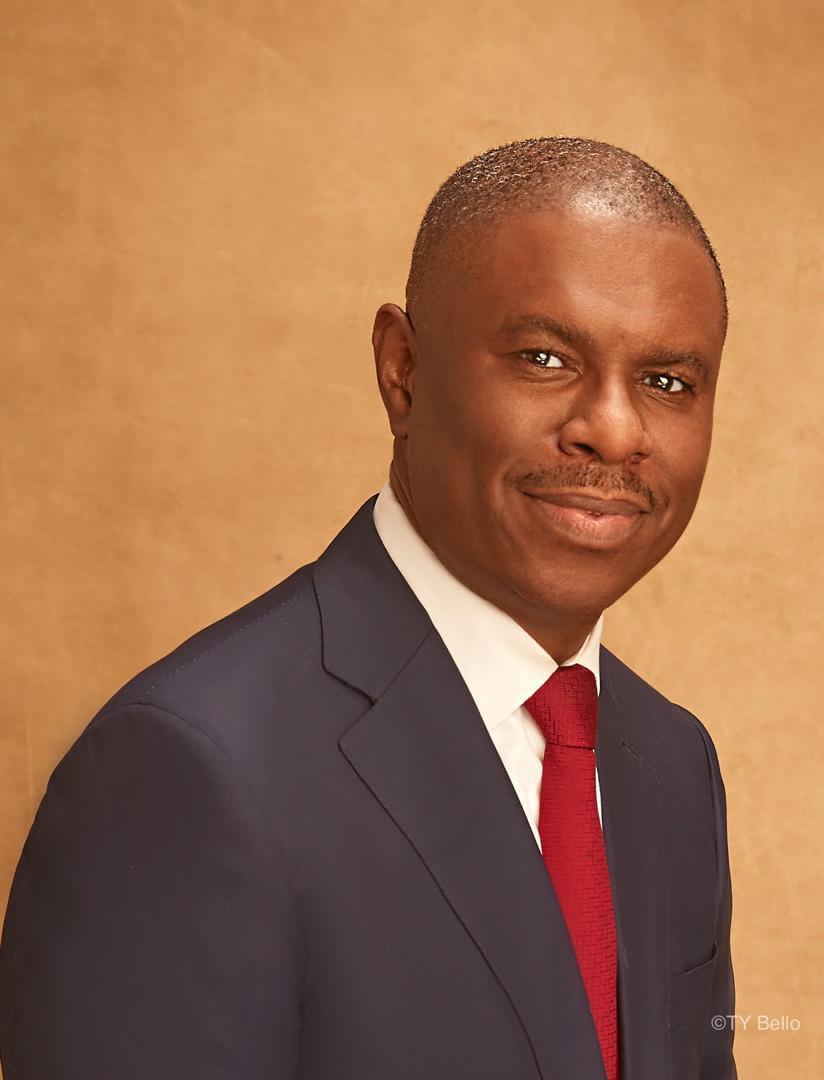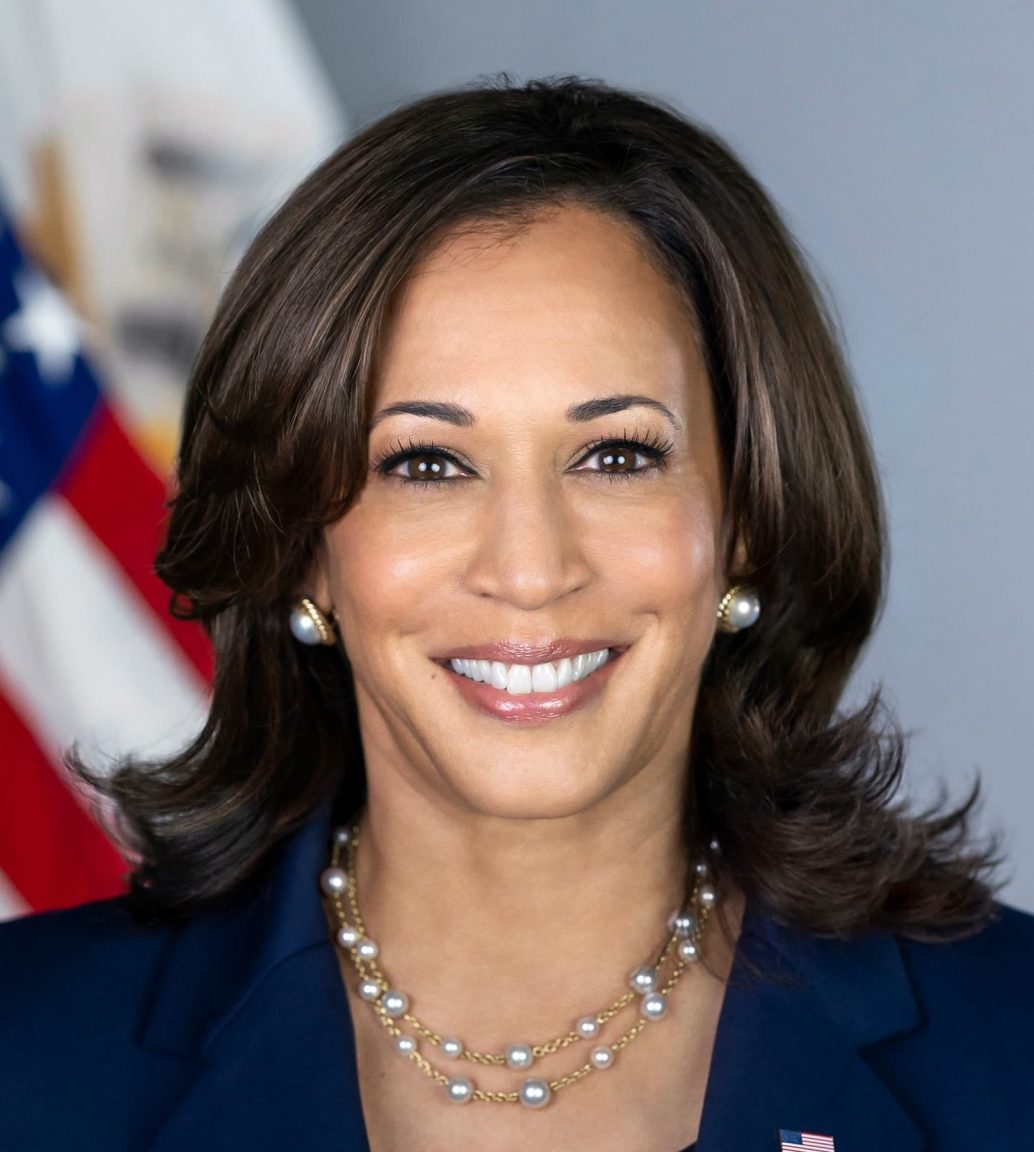A Senior Advocate of Nigeria (SAN), Dr Olisa Agbakoba, has faulted the agitation for state creation in the Southeast by some House of Representatives members, describing the proposal as a misplaced priority.
Agbakoba, a former President of the Nigerian Bar Association (NBA), expressed this view in an interview with the News Agency of Nigeria (NAN) on Sunday in Lagos.
Recall that the House of Representatives recently passed for a second reading a bill seeking the creation of Etiti State out of Abia, Anambra, Ebonyi, Enugu, and Imo states from the Southeast geopolitical zone.
The bill was sponsored by Godwin Ogah, Miriam Onuoha, Kama Nkemkama, Princess Nnabuife and Anayo Onwuegbu.
Leading the debate on the general principles of the bill, Ogah (LP, Abia) said the establishment of Etiti State was not just a matter of administrative convenience but a step towards ensuring balanced regional development and effective governance.
The lawmaker said the bill was a response to the aspirations of the people of a very important region of the country and aligned with the principles of equity and inclusivity enshrined in the country’s democratic ideals.
Similarly, some lawmakers and stakeholders have also called for the creation of Anioma State from states in the South-South and South-East regions. One of those leading the call, Sen. Ned Nwoko (PDP-Delta North), said the creation of Anioma State would correct what he described as the marginalisation of the Southeast geopolitical zone.
According to him, the creation of Anioma State would increase the population of the Southeast, expand its landmass, and bolster the region’s resource base.
Reacting, Agbakoba said Nigeria does not presently need more states. According to him, instead, lawmakers and other political stakeholders should be concerned about restructuring Nigeria into a regional government that reflects the country’s true diversity.
He added that he did not support additional states because most of the existing 36 states are economically unviable, insolvent, and incapable of bringing about infrastructural development or even paying the proposed minimum wage.
“State creation in this harsh economic climate will undoubtedly lead to an increase in the number of National Assembly members, ministers, local governments, and others, thereby further inflating the cost of governance in the country,” Agbakoba stated.
“This comes at a time when most Nigerians are suffering due to rising food prices, with insurgents, bandits, and terrorists abducting people for ransom in various states.
“Therefore, the National Assembly should instead return the country to regionalism by consolidating the 36 states into six to eight regions or geopolitical zones, each with its own leadership.
“This would require amending the current 1999 Constitution or drafting a new one to accommodate this proposal, as creating a new constitution for Nigeria has become an imperative necessity given the new political realities and challenges facing the country.”
Agbakoba, a human rights activist, said that regional governments had previously operated successfully under leaders such as Chief Obafemi Awolowo in the Southwest, Chief Michael Okpara in the Southeast, and Ahmadu Bello in the North. He argued that since Nigeria moved away from regionalism, most states, except Lagos and Rivers, have struggled economically.
While acknowledging the desire for a sixth state in the Southeast for the sake of balance, Agbakoba stressed that embracing regionalism would benefit Nigeria on a larger scale.
He proposed that a regional system of government would enable economically unviable states to unite and become stronger entities.
“While the average person from the Southeast may support the creation of an additional state in the region, anyone who considers the bigger picture can see that creating more states will not necessarily lead to development,” Agbakoba concluded.
“This agitation stems from the belief that federal allocations are based on the number of states, thus the Southeast feels it loses revenue with only five states. However, from a pragmatic development perspective, creating a sixth state will not address hunger, insecurity, poverty, and unemployment in the country. We need to move away from state creation and embrace a regional system of government.”


















